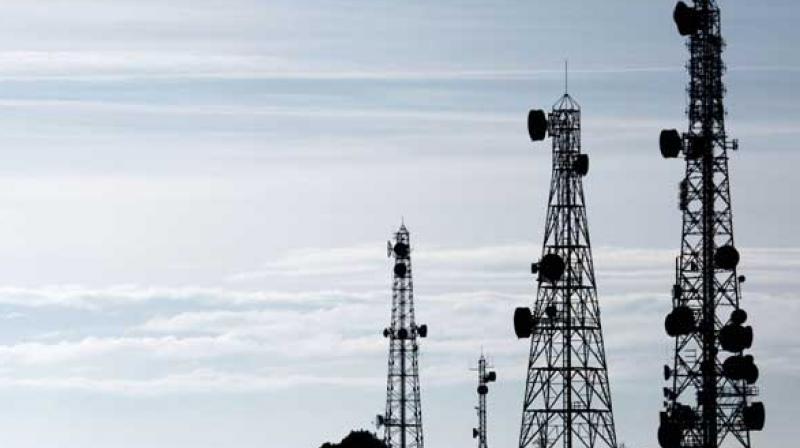Unsold spectrum resulted in Rs 5.4 lakh crore losses, claims BIF

New Delhi: Radiowaves unsold in past auctions cost India an estimated Rs 5.4 lakh crores in economic losses, claimed industry body Broadband India Forum, urging the government to ensure adequacy and "reasonable" rates for upcoming 5G auction.
BIF said the reserve price of 5G spectrum is "too high", works out to be 4 times higher than other countries and "needs urgent revision".
Spectrum price in India is, by far, the single most important factor in determining the fate of an auction, its success or failure, BIF said, adding prices should trigger maximum sale and hence optimal realisation of direct and indirect benefits, and not be driven by short-term financial gains.
The comments of the industry body comes ahead of a crucial meeting of Digital Communications Commission later this week, which will finalise various modalities of spectrum auction and price of radiowaves. The auction is expected to take place in the current financial year.
"Every unsuccessful mobile spectrum auction has severe implications not only in terms of spectrum remaining unsold but also in terms of valuable economic benefit lost as a result of this unsold spectrum remaining idle," Broadband India Forum (BIF) said in a statement.
In the last auctions held in October 2016, over 1300 MHz of radio spectrum (or 59 per cent) remained unsold, leading to significant unrealised potential, it said.
Explaining the math behind Rs 5.4 lakh crore economic loss it has estimated, BIF said that only about 60 per cent of the spectrum put up for auction, since 2010, has been sold and went on to link this to the financial impact of unsold spectrum.
"Adopting a conservative approach, India had 762 million active mobile connections in 2016, served by over 3800 MHz of spectrum allocated to licensees. This indicates that the idle spectrum with government could enable connectivity for roughly 278 million additional active connections," it said, adding that extra connections correspond to 21 per cent of the population.
"If 10 per cent increase in tele-density leads to an increase of 1.9 per cent in GDP...the financial cost of this idle spectrum can then be estimated to be Rs 5.40 lakh crores, or over 160 per cent of the financial benefit of Rs 3.30 lakh crores from all spectrum auctions so far," it said.
Due to the high reserve prices in past auctions, there is an accumulated unsold spectrum, related financial cost, and consumers too have lost out on quality of services, it lamented.
"...the true purpose of setting a reserve price for spectrum is to deter non-serious players from participating in the auction, but at the same time, ensuring a rational price point be offered, so as to enable discovering a vibrant realisation of the true market price, and successful participation from committed companies. This purpose should not get misled in the pursuit of short-term financial gains," TV Ramachandran, President, Broadband India Forum said.
Moreover, the quantum of 5G spectrum that has been allocated for the upcoming auctions is not enough for a country of India size and density, BIF said.
"The amount of spectrum being made available for 5G in India is 175 MHz, which is almost half of the US. Additionally, the present 5G reserve price (3.5 GHz band) at Rs 492 crore/MHz is also significantly in deviation with international norms," BIF said, adding that these problems pose a significant challenge to 5G uptake in the country.

